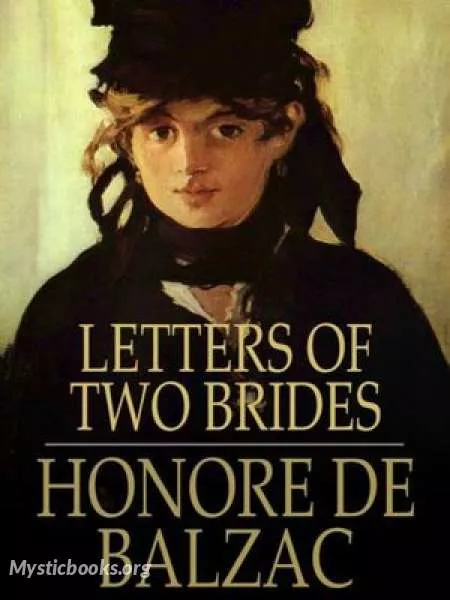
Letters of Two Brides
'Letters of Two Brides' Summary
The story concerns two young French women, Louise de Chaulieu (1805–1835) and Renée de Maucombe (born 1807), who become close friends during their novitiate at the Carmelite convent of Blois. When they leave the convent, however, their lives follow two very different paths. Louise chooses a life of romance, whereas Renée takes a much more pragmatic approach; but their friendship is preserved through their correspondence, which continues for a dozen years from 1823 through 1835.
Louise is expected to sacrifice herself for her two brothers and take the veil, but the young girl refuses to submit to such a fate. Her dying grandmother intercedes on her behalf and bequeaths her her fortune, thereby rescuing her from the enclosed life of a Carmelite nun and leaving her financially independent. Free to assist her brothers financially without having to sacrifice her own ambitions, Louise settles in Paris and throws herself into a life of Italian operas, masqued balls and romantic intrigues. She falls in love with an unbecoming but noble Spaniard, Felipe Hénarez, Baron de Macumer. Banished from Spain, he lives incognito in Paris where he is forced to support himself by teaching Spanish. When he regains his fortune and noble standing, he woos Louise with a romantic fervour that finally wins her over. The pair are married in March 1825. They live a life of carefree happiness, but Louise's jealousy embitters him and leads to his physical break-down. He dies in 1829, leaving a grieving widow of twenty-four.
Renée de Maucombe's attitude to love and life are in marked contrast to those of Louise. When she leaves the convent at Blois Renée moves to Provence, where she marries an older man of little wealth or standing whom she can hardly be said to love. She bears Louis de L'Estorade three children, and over the course of the next decade she devotes herself body and soul to the happiness of her family. Gradually she grows to love her husband in her own way, and with her encouragement he makes a career for himself in local politics, which culminates in his becoming a peer of France and a grand officer of the Legion of Honour. During this time Renée is quite scathing in her criticisms of Louise, whom she sees as a selfish and self-indulgent coquette. True happiness for a woman lies in motherhood and devotion to her family.
Meanwhile, four years after the death of Felipe, Louise falls in love again. This time the object of her love is a poor poet and playwright Marie Gaston, who is several years younger than she is. As though taking a leaf out of Renée's book, Louise sells her Parisian property, moves to a chalet in Ville-d'Avray (a small village near Paris) and lives a life of seclusion with her new husband. But Renée is not fooled by this masquerade. Louise, she warns, is still living a life devoted to selfishness and self-indulgence, while true happiness lies only in self-sacrifice to one's husband and children - Louise remains childless.
After a few years of apparent bliss, Louise detects a change in her husband. He becomes solicitous about the financial success of his plays, and a large sum of money goes missing. Suspecting him of having an expensive mistress, Louise makes enquiries and comes to the shocking conclusion that he has another family in Paris – an Englishwoman known by the name Madame Gaston, and two children, who look remarkably like Marie. Louise confides her feelings of despair to Renée and announces her determination to commit suicide rather than to submit to such a fate. Renée's husband makes enquiries and discovers the truth of the situation. Madame Gaston is the widow of Marie's brother. The death of her husband has left her financially destitute and Marie has taken it upon himself to assist her and his two nephews, but he is ashamed to ask his wife for money. Reneé writes to Louise to inform her of the truth and rushes to the chalet, but she is too late. Louise has contracted consumption by lying out in the dew overnight and she dies a few days later.
Book Details
Language
EnglishOriginal Language
FrenchPublished In
1842Authors
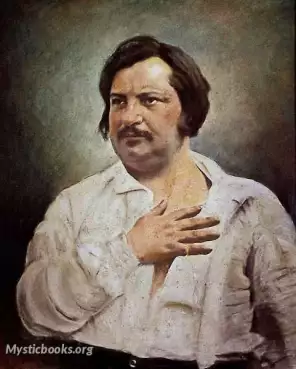
Honoré de Balzac
France
Honoré de was a French novelist and playwright. The novel sequence La Comédie humaine, which presents a panorama of post-Napoleonic French life, is generally viewed as his magnum opus....
Books by Honoré de BalzacDownload eBooks
Listen/Download Audiobook
- Select Speed
Related books
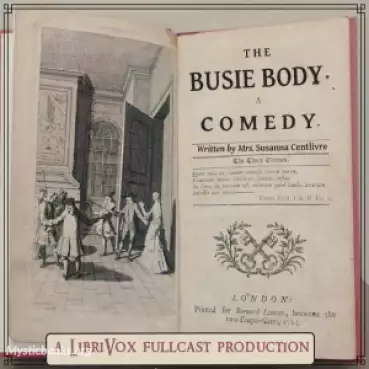
The Busie Body by Susanna Centlivre
The Busie Body is a Restoration comedy written by Susanna Centlivre and first performed at the Drury Lane Theatre in 1709. It focuses on the legalitie...
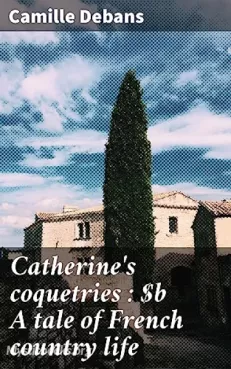
Catherine's Coquetries: A Tale of French Country Life by Camille Debans
Embark on a journey through the picturesque countryside of France, where love, secrets, and the allure of rural life intertwine in "Catherine's Coquet...
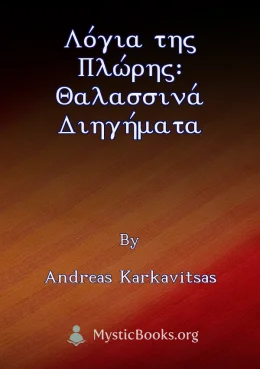
Λόγια της Πλώρης: Θαλασσινά Διηγήματα by Andreas Karkavitsas
Λόγια της Πλώρης is a collection of short stories by Andreas Karkavitsas that delve into the lives of people connected to the sea. Through evocative p...
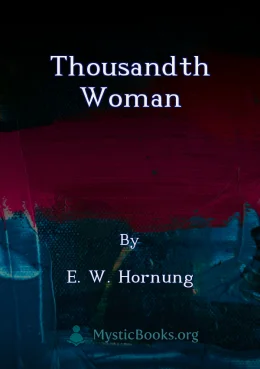
Thousandth Woman by E. W. Hornung
Set in late 19th-century London, *The Thousandth Woman* follows the unwavering love of a woman for her accused lover. The narrative unfolds in the ba...
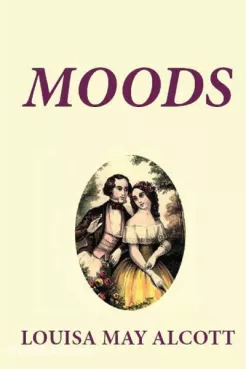
Moods by Louisa May Alcott
A story of love, loss, and redemption. Moods is a novel by Louisa May Alcott that tells the story of Sylvia Yule, a young woman who is struggling to...

Resurrection, Book 3 by Leo Tolstoy
Resurrection is a novel by Leo Tolstoy that explores themes of redemption, social justice, and the hypocrisy of institutionalized religion. The story...

Memorias de Martha by Júlia Lopes de Almeida
Memórias de Martha é um romance que retrata as condições de vida precárias de mulheres pobres no Rio de Janeiro do século XIX. A história acompanha Ma...

Gloria, Parte 1 by Benito Pérez Galdós
Gloria is a novel that delves into the complexities of religious faith and its impact on personal life. Set against the backdrop of 19th-century Spain...

Five Little Peppers and Their Friends by Margaret Sidney
This book tells the stories of the friends of the Five Little Peppers, a group of children living in poverty in a rural area. The book follows their a...

Vampiro by John William Polidori
El Vampiro, escrito por John William Polidori, es una novela gótica que cuenta la historia de Lord Ruthven, un vampiro encantador y misterioso, y Aubr...
Reviews for Letters of Two Brides
No reviews posted or approved, yet...